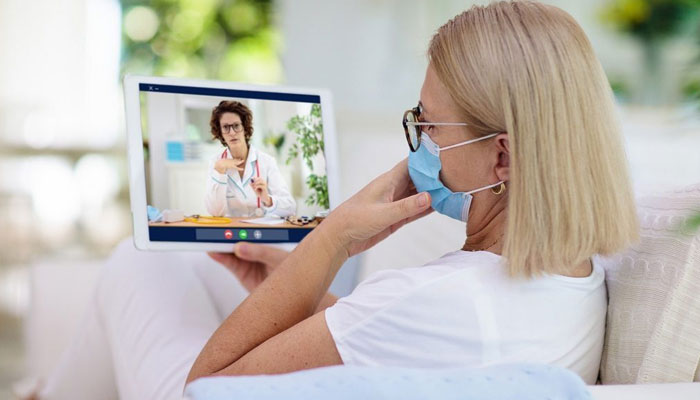According to Dr. Son Hall, editor-in-chief of the Australian Health Review, all through the COVID-19 outbreak, their capacity to quickly adopt digital health technologies like telehealth has been a real game-changer in their response to such a global health disaster.
The peer-reviewed journal Australian Health Review, published by the Australian Healthcare and Hospital Association (AHHA), was released this month, and it delves deeply into how the pandemic response in Australia was affected by the quick adoption of digital health technologies. It also looks at how this has affected and is still affecting the availability of general practise and other crucial medical services.
As Dr. Hall notes, telehealth and other digital health technologies have made it possible for the health system to care for patients in their homes during lockdowns while lessening demand on resources and staff and reducing unwanted spread in the community.
There has also been a change in the workforce as many health professionals are keen to transition to working in this new digital area after being overworked and suffering from fatigue in the run-up to and during the pandemic.
Prof. Claire Jackson AM of the University of Queensland reiterated this in a policy reflection, noting the need to endorse and mainframe the exciting breakthroughs in telehealth and workforce advancement that have taken place over the past two years and expand them to whole of system and workforce re-design.
This issue’s research focuses on practical case studies of digital health adoption and the lessons learned, with topics like COVID testing at home, hospital pandemic preparedness, and how electronic health records may support future research. The use of digital health records has grown significantly over the past few years, which has improved collaboration between teams of healthcare providers and raised the potential effect of data analysis. The case study by University of Sydney academics emphasises the significance of having robust frameworks and standards in place for how new developments in digital health data might be used in the future.
A more patient-centered healthcare system can be developed as a result of further developments in digital health technologies, which will also help them react to COVID-19 in the community. One that can deliver flexible care that assesses the results that matter to patients while also supporting and relieving the overworked personnel makes the difference. Leveraging the opportunity is what it’s all about.


















